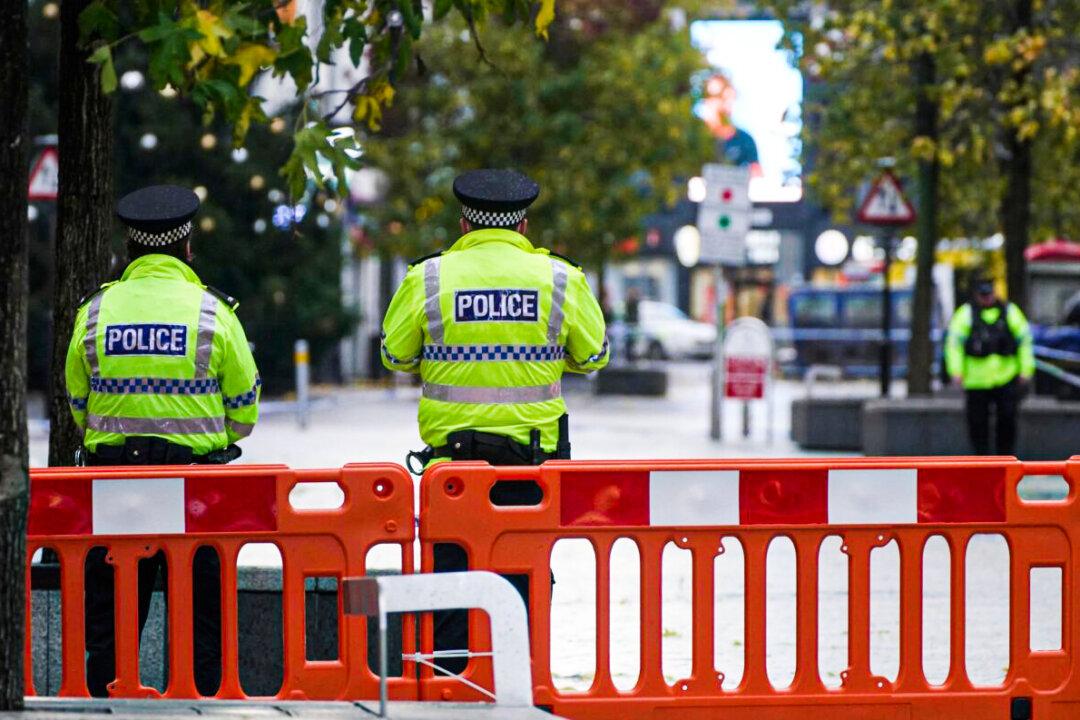The Victims’ Commissioner for England and Wales, Dame Vera Baird, has warned that a new law that would give the relatives of murdered people a right to attend parole board hearings could lead to their “revictimisation.”
The government says the Victims’ Bill, which was unveiled after the Queen’s Speech last month, “aims to improve victims’ experiences so that victims feel better supported across the criminal justice process.”





